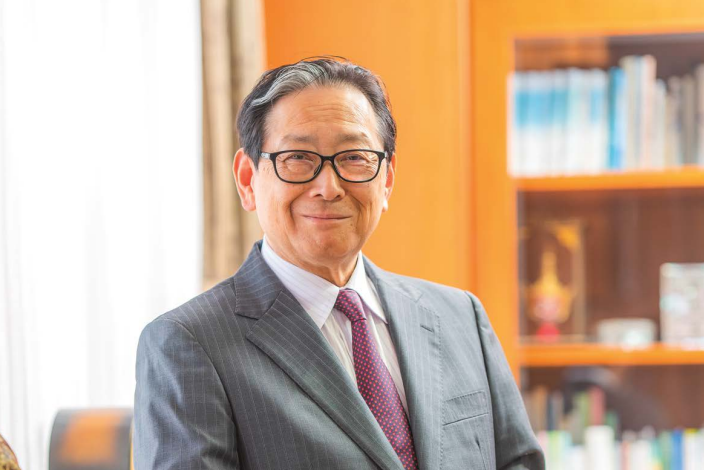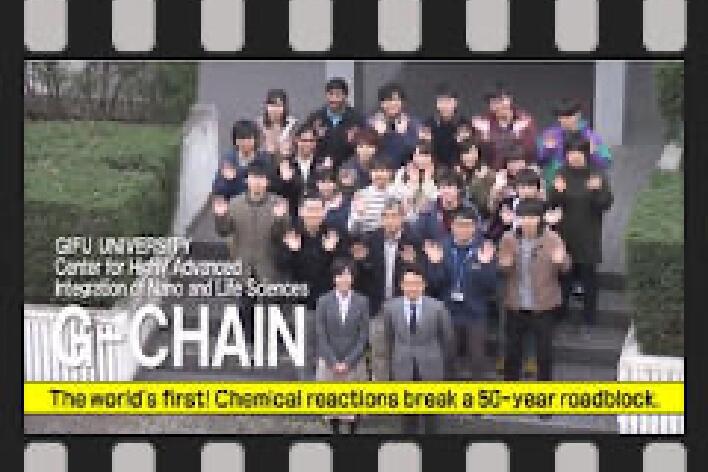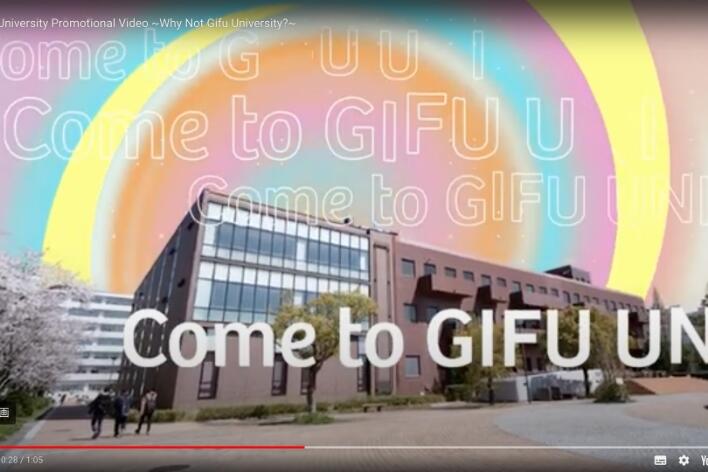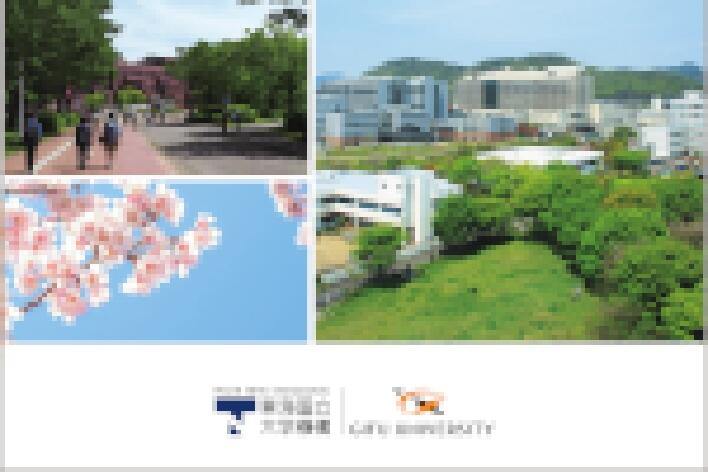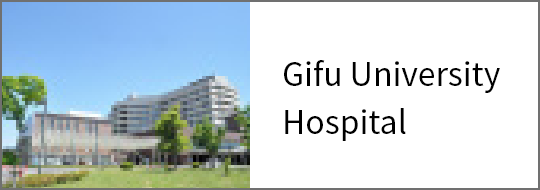President's Address at Commencement Ceremony for 2015
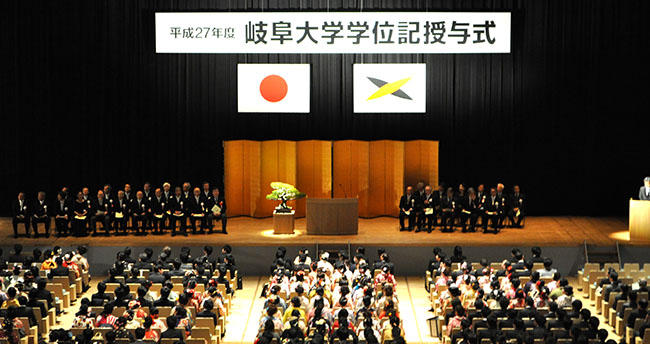
Let me start my address by offering sincere congratulations to the students who are graduating from Gifu University today, as well as to the faculty members who have guided and instructed the students towards this day. We are also pleased to welcome many of the students' families and those who have supported them during their life as students. Seeing this truly outstanding scene at the commencement ceremony gives me even more special feeling.
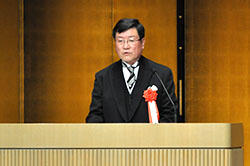
Gifu University was founded in 1949 and its history goes back to the "Gifu Prefectural Normal School," established in 1874. Thus, our University has a history of more than 140 years and has produced many outstanding alumni. They lead active roles in various fields including educational institutions, private corporations and administrative organizations, both in Japan and overseas. The faculties and graduate schools of Gifu University are highly rated not only in Japan, but also internationally. This is due, of course, to the activities of our alumni. All of you, who have earned your diplomas today, will also play a part in these activities, but your true evaluation will depend on the roles you play in society in the future. Related to this concern, I would like to emphasize today it is essential to obtain both global and regional perspectives.
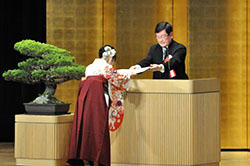
I feel increasingly that no matter where we are or no matter what development stage we reach, it is education that provides the foundation for supporting a country, particularly a country that has scarce resources such as Japan. Of course, the focus of education in each academic field changes with time and, futhermore, the weight of each field among whole academic fields will continue to change in the future. Such move applies not just to education but to a wide range of industries. Thus, it is essential to identify a position on what requires collaboration and on what and how to share our work, not only from the viewpoint of one local area or one country, but also from an international viewpoint. I want all of you to consider what social contribution you can make on a global scale, without limiting yourselves to your own research themes or your future plans.
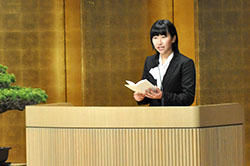
Next, I would like to mention one of the most serious problems facing Japan, which is the decline in birth rate and increase in aging population, and their relationship with regional communities. This is the problem that developed countries will exactly confront sooner or later, and Japan is taking a lead and serving as a model for their future. There are various ideas on how to evaluate what constitutes the happiness of living in a local region. For instance, some people in Japan prefer to live alongside their family in the region where they were born and brought up. To meet their needs, it is essential to provide these people with job opportunities, medical services and public welfare. Among other things, enrichment of education is a prerequisite for encouraging long―standing life in a region. Once again, I want to repeat the importance of looking at various situations from both international and regional angles.
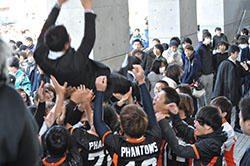
You have studied the concepts of advanced, basic and applied science at your faculties and on your master's and doctoral courses at Gifu University. The way of thinking you have learned will not be limited in the academic field of your faculties or courses. You can apply them wider to the fields of human sciences social sciences and natural sciences, and develop them further. I hope that, with the wisdom acquired at Gifu University, you will start making a contribution to a variety of societies, to the international communities, and to humanity as a whole.
In concluding my address, I would like to express my cordial hopes of seeing and hearing your activities anywhere in the world, in the near future or far future.
March 25, 2016
Hisataka Moriwaki
President of Gifu University
